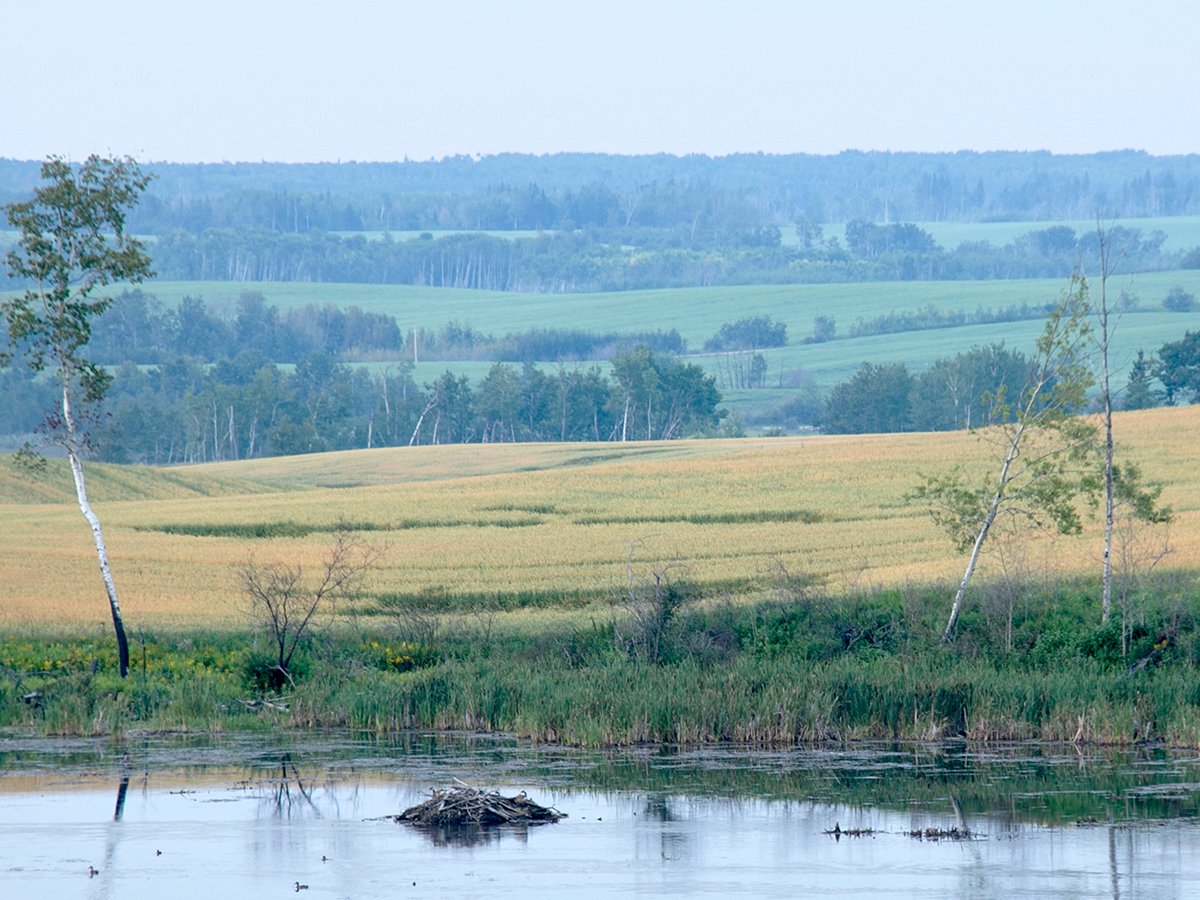Q: I have been reading about law organizations in the paper but I don’t understand how they work. Sometimes the law society comments on a legal issue but sometimes it’s the Canadian Bar Association. How does this work?
A: Various legal organizations have different mandates.
The Canadian Bar Association is a national body of lawyers whose membership is entirely voluntary. It has a branch in every province and territory.
Sometimes called the voice of the profession, the CBA is a lobby group. It advocates in favour of lawyers to the public, as well as to government and other legal organizations. The CBA also encourages lawyers to be involved in activities within the larger community.
Read Also

Intergenerational rollover rules can help succession plans
One of the most significant concerns in succession planning for farmers is the tax bill that can come with passing the farm to the next generation.
CBA officials are often asked to comment publicly on issues in the news, especially where a story is commenting on lawyers in some way.
Law societies are official entities, created in each province or territory by provincial law. They are regulators of the legal profession in that locale. Membership in a provincial law society is mandatory.
Law societies deal with whether lawyers in that province are meeting professional standards. This includes ensuring lawyers are acting in an ethical manner toward the public and to each other. They ensure lawyers meet a minimum quality of practice, and work to increase that standard. They also deal with discipline when lawyers break the rules.
Provincial law societies also are asked to comment when new laws are being considered.
If a member of the public has a concern or a complaint about a lawyer, it is dealt with by the law society in that province.
In addition to having members of the profession elected to lead law societies, there are usually members appointed by the government to represent the public.
Of increasing importance on the national scene is the Federation of Law Societies of Canada. This is an umbrella organization based in Ottawa. Each law society is represented and has an equal voice at the table. Because legal issues have become more national in scope, it is important that the regulators of lawyers have a national voice and address these challenges in a united way.
The federation is presently dealing with matters such as a nation-wide code of ethics and standards of admission to law schools.
I should also note that the federation president is from Saskatchewan, Michael Milani Q.C. The presidency rotates from province to province.
Many provinces have local public-oriented entities to assist the average person in understanding the law. In Saskatchewan an example is the Public Legal Education Association, which puts on seminars and distributes legal information.
Rick Danyliuk is a practising lawyer in Saskatoon with McDougall Gauley LLP. He also has experience in teaching and writing about legal issues. His columns are intended as general advice only. Individuals are encouraged to seek other opinions and/or personal counsel when dealing with legal matters.














